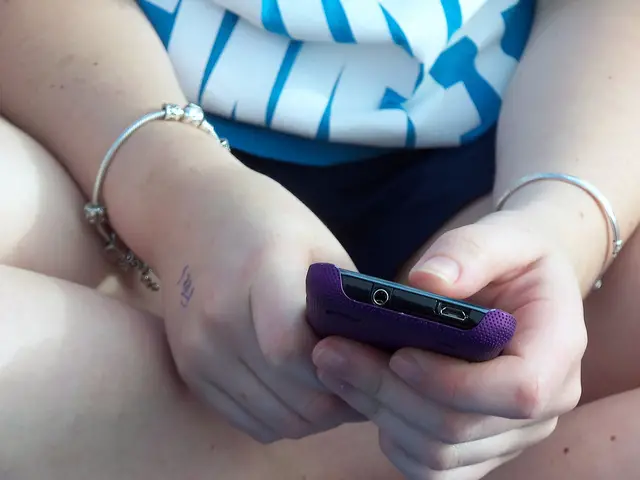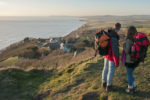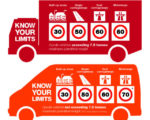OK, we know OnTheWight’s focus is the Isle of Wight and thankfully the chances of a terrorism event here is very low.
The media is now global and sadly some of them seem to delight in bringing disturbing things into our lives – which is far from healthy.
Events that happen in places around the world are beamed into our hands and our living rooms. These days this isn’t just to adults, but onto the mobile phones that many children have.
Putting things in context
So how do parents, carers or grandparents help balance the events that have happened around the world – to reassure them, move to settle their minds and help them to put this all into context?
Well, the NSPCC have offered advice that seems not only good, but level-headed.
If you find it helpful, please pass it on to others you think will benefit from it. The last thing we want is young people worrying unnecessarily – that plays in to the hands of the tiny number of people that carry out these events. Let’s limit their impact.
NSPCC advice
The NSPCC advice to help parents talk to their children about terrorism:
- Listen carefully to a child’s fears and worries.
- Offer reassurance and comfort and avoid complicated and worrying explanations that could leave them more frightened and confused.
- Tell them that shocking events are not everyday occurrences and make the news because they are unusual.
- Reassure them that there are lots of adults who work very hard to keep us all safe.
- Point out the acts of kindness and help that follow a tragedy, such as people offering their homes to stranded people, or strangers standing together in a vigil.
- Realise your child might not be ready to talk straight away but tell them you will be there should they restart the conversation in a couple of days.
- Help them find advice and support to understand distressing events and feelings.
- Children can always contact Childline free and confidentially 24/7
Speaking to people
An NSPCC spokesman said: “Many children and teenagers will feel frightened or sad in light of the (Barcelona) news and we would urge them to talk to a trusted adult, be it a parent, teacher or Childline.”
Children and young people can contact Childline for free, confidential support and advice, 24 hours a day on 0800 1111 or at www.childline.org.uk
Any adult worried about how a child is coping following a terrorist attack can contact the NSPCC Helpline for 24/7 help, support and advice on 0808 800 5000 or [email protected]
Image: summerskyephotography under CC BY 2.0





